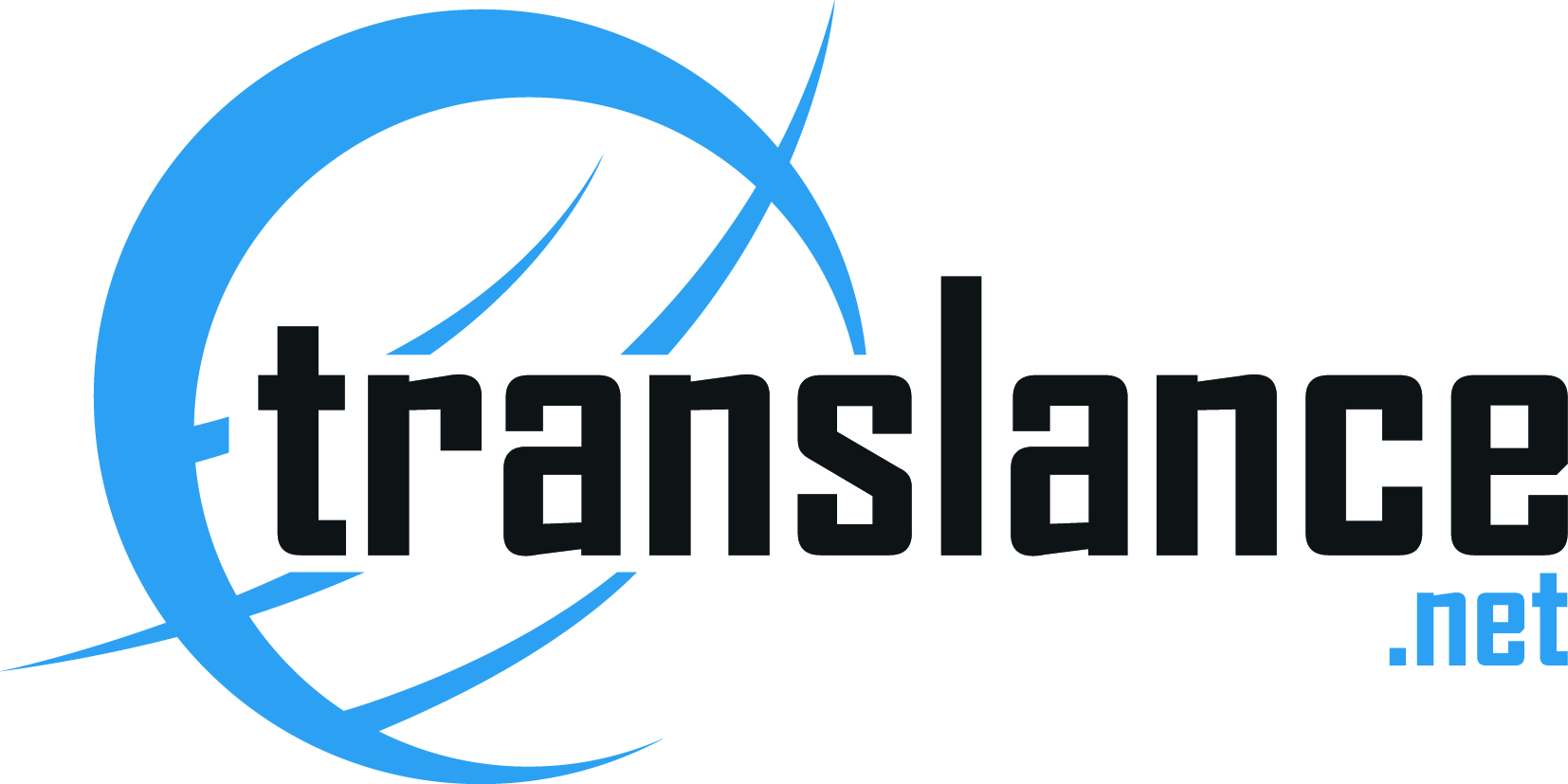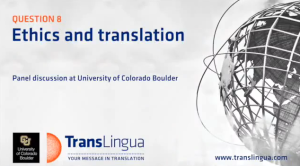Multi-Languages Translators Code of Ethics
Parts, Responsibilities and Standards of Practice for Translators
Multi-Languages Translators Code of Ethics characterizes being a remarkable interpreter. "Each interpretation might be steadfast and render precisely the thought and type of the first – this constancy constitutes both a good and legitimate commitment for the interpreter." – International Federation of Translators (FIT). The Translator's Charter (affirmed by the Congress at Dubrovnik in 1963, and corrected in Oslo on July 9, 1994).
Interpreter's Code of Ethics
Proficient Practice
Interpreters should try to give administration of the most astounding quality in their expert practice.
Exactness
The interpreter must decipher precisely. By exact interpretation we comprehend an interpretation that jelly the importance, style and enroll of the source archive.
Privacy
Unbiasedness and Conflict of Interest
So as to look after polished skill, the interpreter must stay unbiased and pronounce any potential irreconcilable situation (counting individual or moral esteems and feelings) that may influence his/her execution while deciphering an archive.
Confinement of training
The interpreter must know his/her etymological impediments and decay assignments that go past his/her aptitudes and capability.
The interpreter should just acknowledge assignments that he/she can finish and convey in an auspicious way (by the due date).
The interpreter must acknowledge archives that he/she can decipher. No work ought to be subcontracted to partners without earlier composed authorization.
The interpreter ought to have sound learning of the source dialect and be a specialist in the objective dialect.
The interpreter ought to acknowledge interpretations just for fields or topics where he/she has information and experience.
The interpreter is responsible for his/her work and should perceive and recognize interpretation missteps and attempt to redress them notwithstanding when the interpretation has been finished, keeping in mind the end goal to stay away from potential obligation and hazard issues.
Proficient Development
The Translator
Must look for proficient advancement courses to keep up, enhance and extend interpretation aptitudes and general information through self-instructing, formal and casual proceeding with training.
Must secure the correct wording and upgrade his/her insight by making and refreshing phrasing documents.
Must look for evaluative input and practice self-assessment concerning execution.
Regard for all gatherings
The interpreter must show regard for all gatherings engaged with the interpretation task, including regard for self, the organization and to its customers.
 English
English Persian
Persian

